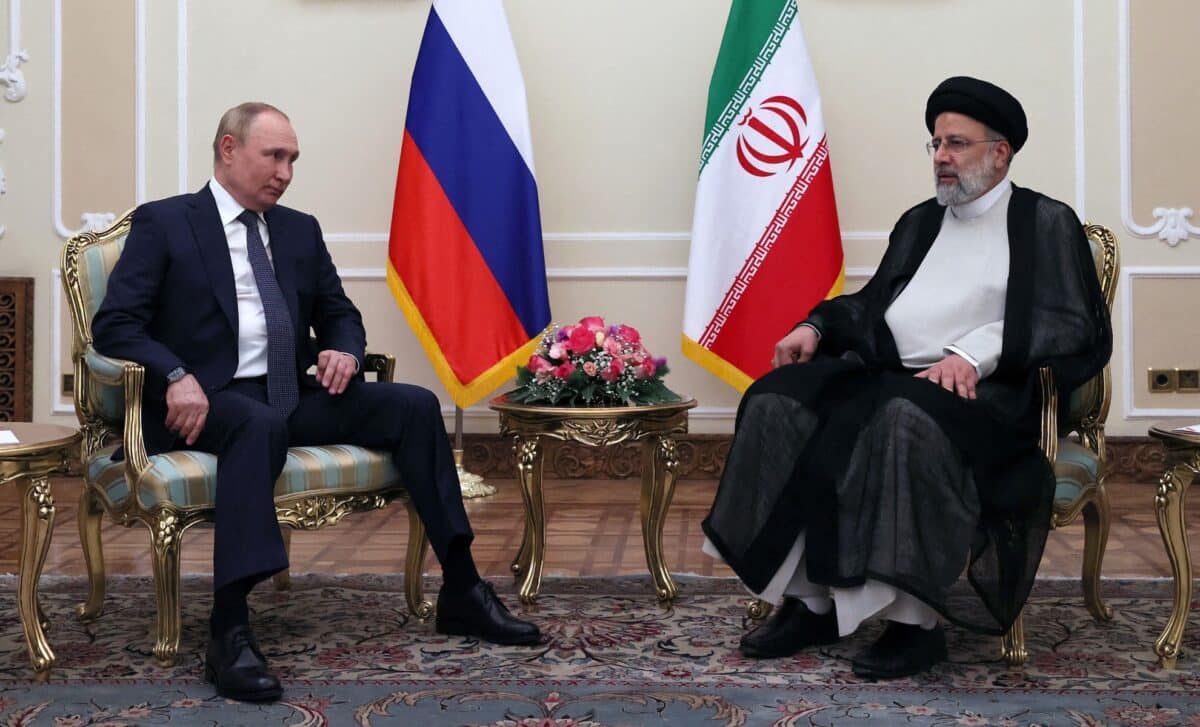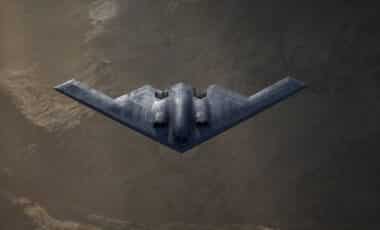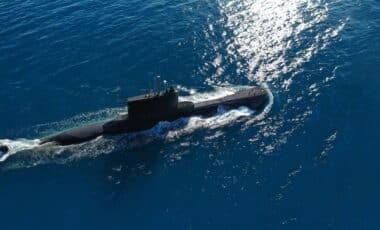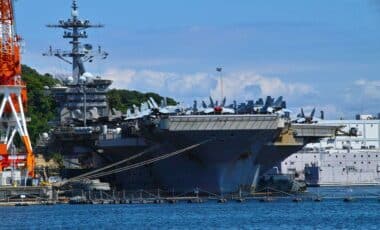Iran’s parliament has ratified a 20-year strategic partnership with Russia, formalizing expanded military and economic cooperation between the two nations. This agreement comes amid stalled nuclear negotiations between Tehran and Washington and growing geopolitical tensions.
The pact represents a significant shift in Iran’s foreign relations as it aligns more closely with Russia during a period of intense Western sanctions on both countries. For Iran, the alliance serves as a strategic safeguard while its talks with the US on uranium enrichment face uncertainty. Russia gains a key regional partner while facing isolation over its war in Ukraine.
Marine Mobility at Risk : US Assault Ships Face Historic Breakdown
Deepening Military and Economic Ties
The agreement signed by Presidents Vladimir Putin and Masoud Pezeshkian in January and ratified by Russia’s legislature in April includes joint military exercises, sharing of defense technology, and coordination against common threats. However, it does not contain a mutual defense clause, reflecting Moscow’s caution about becoming directly involved in Iran’s regional conflicts, reports Newsweek.
Iran has supplied Russia with Shahed drones that have been used extensively in Ukraine, enhancing Moscow’s strike capabilities. Both countries are cooperating to produce drones domestically to avoid Western sanctions and shortages. Additionally, Western officials have accused Iran of providing ballistic missiles to Russia, allegations that Tehran denies.
Economic Integration and Cooperation
The pact aims to bypass Western financial systems by linking payment infrastructures, with over 95 percent of trade between the two countries conducted in rubles and rials. A related free trade agreement between Iran and the Russia-led Eurasian Economic Union recently took effect, reducing tariffs and boosting trade volumes.
Russia has also pledged support to help Iran develop its nuclear energy sector, including plans to construct new nuclear power units. This economic cooperation complements the broader strategic partnership and strengthens both countries’ ability to withstand international sanctions.
Stalled Nuclear Talks and Regional Implications
Nuclear negotiations between Iran and the US have reached a deadlock. Iran refuses to halt uranium enrichment or dismantle its missile program, while the US demands substantial concessions. Their last meeting was described by Iran as “difficult but useful,” with a US official calling the talks “encouraging.”
Iran’s Foreign Minister Abbas Araghchi recently indicated that Oman will soon announce the timing and location for the fifth round of Iran-US talks. According to Newsweek, with the partnership ratified, Iran and Russia are poised to deepen their military and economic ties as the US and its allies watch closely amid ongoing nuclear tensions and regional instability.








